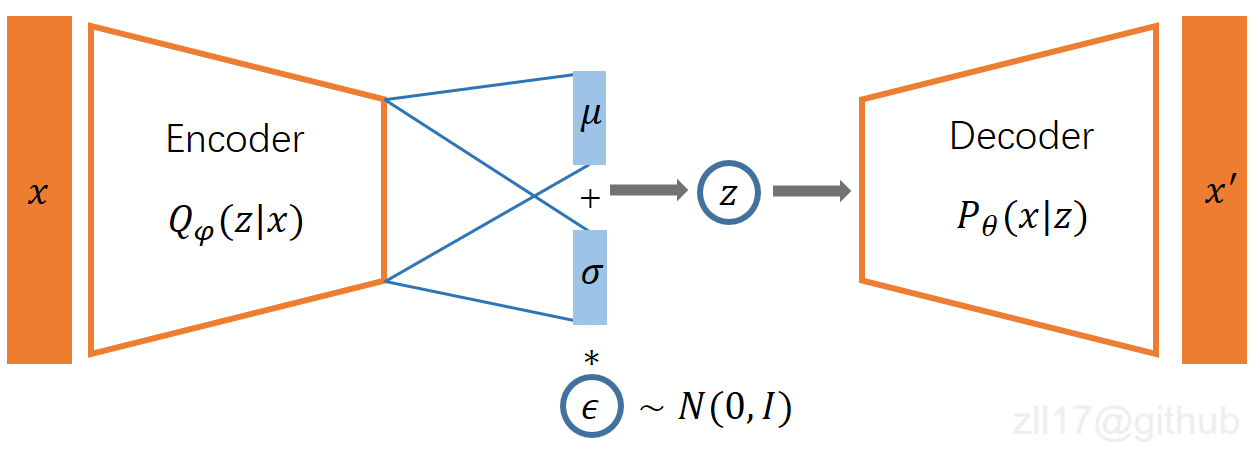Variational Deep Embedding: An Unsupervised and Generative Approach to Clustering
Clustering is among the most fundamental tasks in computer vision and machine learning. In this paper, we propose Variational Deep Embedding (VaDE), a novel unsupervised generative clustering approach within the framework of Variational Auto-Encoder (VAE). Specifically, VaDE models the data generative procedure with a Gaussian Mixture Model (GMM) and a deep neural network (DNN): 1) the GMM picks a cluster; 2) from which a latent embedding is generated; 3) then the DNN decodes the latent embedding into observables. Inference in VaDE is done in a variational way: a different DNN is used to encode observables to latent embeddings, so that the evidence lower bound (ELBO) can be optimized using Stochastic Gradient Variational Bayes (SGVB) estimator and the reparameterization trick. Quantitative comparisons with strong baselines are included in this paper, and experimental results show that VaDE significantly outperforms the state-of-the-art clustering methods on 4 benchmarks from various modalities. Moreover, by VaDE's generative nature, we show its capability of generating highly realistic samples for any specified cluster, without using supervised information during training. Lastly, VaDE is a flexible and extensible framework for unsupervised generative clustering, more general mixture models than GMM can be easily plugged in.
PDF Abstract



 MNIST
MNIST
 STL-10
STL-10